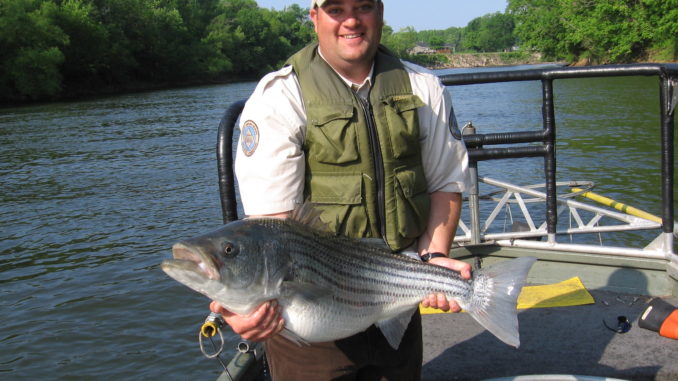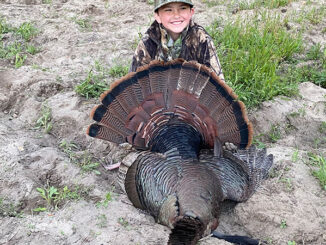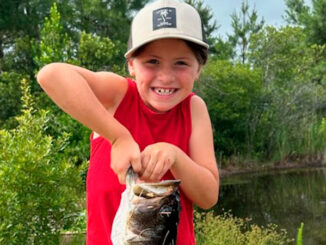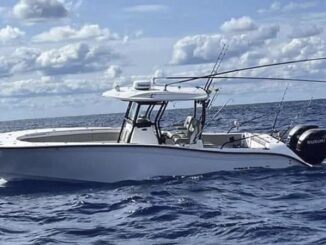
10,000 fingerlings to be released
On Monday November 1 the N.C. Wildlife Commission will renew their annual program of stocking the Cape Fear River with striped bass fingerlings in the 4 to 6-inch size range. The Castle Street boat landing in downtown Wilmington will be the location that the N.C. stocking trucks visit to release the approximately 10,000 striped bass. The striped bass fishery in the Cape Fear River is under a moratorium on recreational and commercial harvest that was put in place in 2008. The N.C. Wildlife Commission has been stocking the Cape Fear River on an annual basis since 1998, and is set to engage in a study of the condition of the striped bass fishery ten years into the program that is intended to boost the fishery back to a sustainable level.
“The hope is that by stocking fish raised from parents collected from the Cape Fear, the fish will imprint to the system and return years later as adults to spawn,” said Keith Ashley, fisheries biologist with the N.C. Wildlife Commission. “This was the first year that we used all local genetics, and the next phase of our annual monitoring on the Cape Fear may include fin clipping of sampled fish to document genetic origins.” All previous stockings were produced by brood fish from the Roanoke River.
When the stocking trucks back up to the River on Nov. 1 with their precious cargo they will take extreme care not to suffer fingerling mortality. “We will take the temperature of the water in the stocking truck and also the temperature of the water in the Cape Fear River,” said Ashley. “We’ll add river water to the stocking truck over about an hour time frame to get the fingerlings acclimated to the current water temperature before we release them.”
Another stocking of 100,000 fish into the Cape Fear River is scheduled to occur in early December, using fish from the Watha State Fish Hatchery in Pender County. “We hope that the harvest moratorium, in conjunction with this stocking program, will ultimately result in the restoration of this important fishery on the Cape Fear River”, said Ashley.



